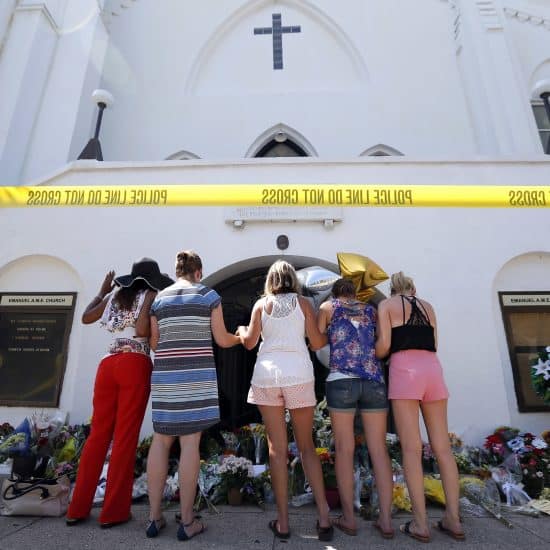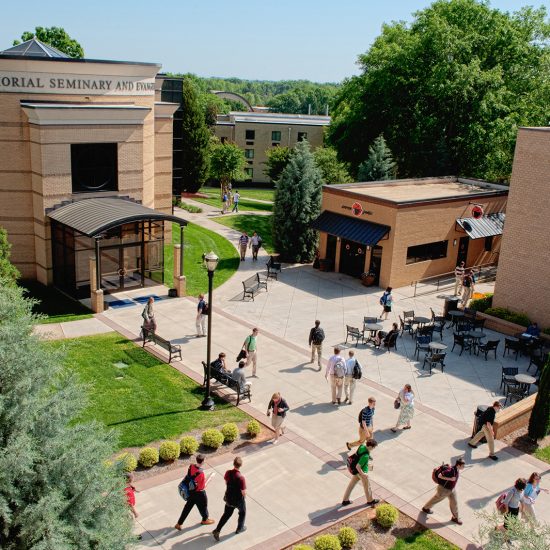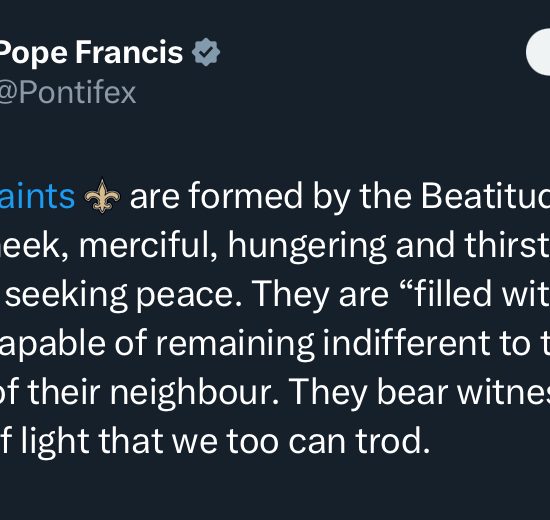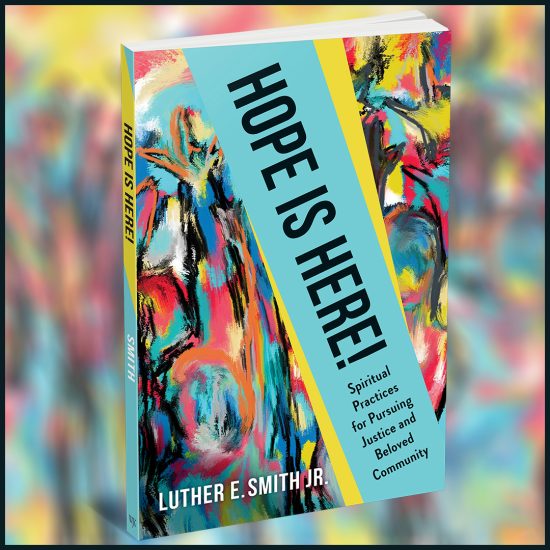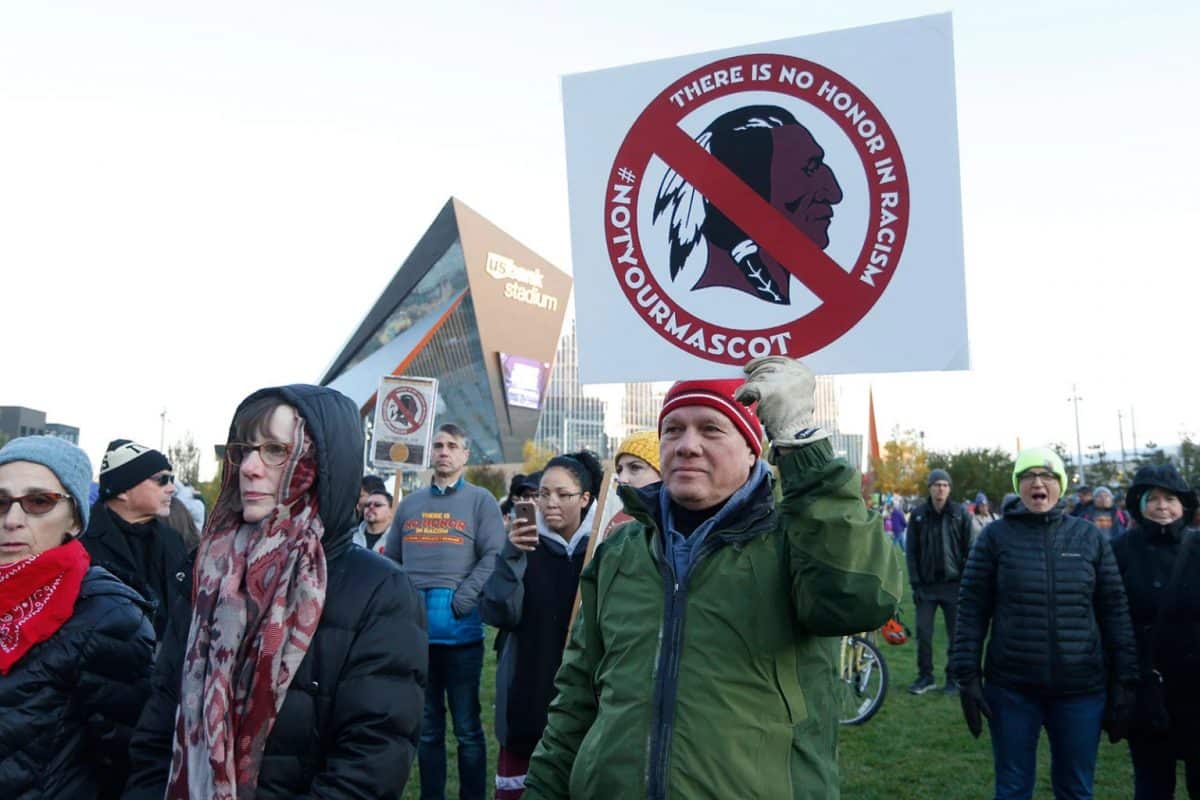
(RNS) — In exciting news this week, the football team in Washington whose name has been a racial slur for decades is finally in the process of changing its name and logo. This is a huge moment, born from a time when a pandemic that has exacerbated inequity and the ongoing reality of police brutality toward Black people have sparked change and revealed who we are as a nation.
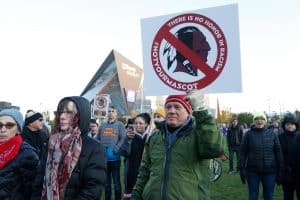
In this Oct. 24, 2019 photo, people protest against the name of the Washington football team outside U.S. Bank Stadium before an NFL football game between Minnesota and Washington in Minneapolis, Minnesota. (Bruce Kluckhohn/Associated Press)
Indigenous peoples have been fighting for racist mascots to go away for a long time. We have created documentaries (as well as other artwork), such as Dakota historian John Little’s More Than a Word film, to document the problem of racist mascots throughout history. Amanda Blackhorse, a Dine Nation psychiatric social worker, has been legally fighting for name change for years, and Crystal Echohawk of Illuminatives has been leading the current conversation and pressure on Washington.
It would be a huge disservice to Indigenous activists and grassroots organizations who have fought for this change if we only give credit to companies like FedEx, which threatened to take its name off the team’s stadium in suburban Maryland, or Target, which chose at last to stop carrying the team’s merchandise. However, it’s incredible nonetheless to see the pressure put on this team to make the change.
But this victory won’t amount to much if Americans don’t understand why racist mascots and team names are a problem.
For many Indigenous people, this is a personal issue and affects who we are every single day. Our children deserve better than to see themselves portrayed in derogatory ways, their trauma celebrated by people who claim they are honoring us.
Last year a teacher at my children’s elementary school in Atlanta, home of the baseball team named the Braves, led the entire student body in the tomahawk chop, a racist action based on harmful and violent stereotypes of Indigenous people. I sat with my kindergartener and second grader that afternoon to explain what the chant meant and why it hurts us as people. When my youngest saw classmates doing the tomahawk chop again at school the next day, he was reprimanded by his teacher for telling them to stop.
After multiple conversations with the administration, the school addressed the issue in a newsletter to parents but never fully explained why something like the tomahawk chop or our racist mascots should be banned. For many students, teachers and their supervisors, Indigenous people are characters who exist only in the past — who once lived and interacted with the Pilgrims at Thanksgiving, then disappeared.
I wrote in my recently released book Native: Identity, Belonging and Rediscovering God: “Invisibility is a constant reality for Native people, as we are pushed behind sports mascots that make us all out to be savage warriors or people who have died off and no longer exist. … So much of America has held up these stereotypes, celebrating the pastime of sports instead of the real lives of Native peoples in America.”
This isn’t a new problem. In 2005, the American Psychological Association called for an end to all American Indian mascots, symbols, images and personalities used by schools, universities, sports teams and more. This recommendation was based on research that found the following to be true about these mascots and images:
- Mascots undermine the educational experiences of members of all communities — especially those who have had little or no contact with indigenous peoples. The symbols, images, and mascots teach non-Indian children that it’s acceptable to participate in culturally abusive behavior and perpetuate inaccurate misconceptions about American Indian culture.
- Mascots and images establish an unwelcome and often times hostile learning environment for American Indian students that affirms negative images/stereotypes that are promoted in mainstream society.
Furthermore, research out of the University of Arizona by Tulalip tribal citizen Stephanie Fryberg also found that the mascots led to negative ideas of who Indigenous peoples are and how Indigenous children see themselves because of the way they are portrayed in society.
So, if we don’t understand the problem in the first place, we won’t work to make lasting change. As we celebrate pipelines being shut down, Columbus statues toppling to the ground, and racist mascots being re-named, we also have to ask if America will finally wake up to its true white supremacist history.
Americans need to understand that this is not only about racist mascots. It’s also about a history of genocide and erasure and the myth that claims America was an empty landscape before the settlers arrived. Telling the truth means admitting that we have a problem, and as we have seen again and again, that is a hard thing to do. It’s what got us here in the first place, and it’s why thousands of Americans constantly say they are honoring us with the tomahawk chop and a chant, with a headdress and war paint. We deserve better, and we always have.
The question is, will the change in one football team’s name lead to more lasting change? That depends on how much this is about commerce and how much about Native lives. It will also depend on whether Indigenous peoples who fought for this change will be at the center of this conversation as we move forward.
While this decision is a big one, and it means something, it’s not enough yet, and we need to see more change that will show the world that Indigenous peoples never deserved the genocide, hate and ongoing oppression we have faced.

